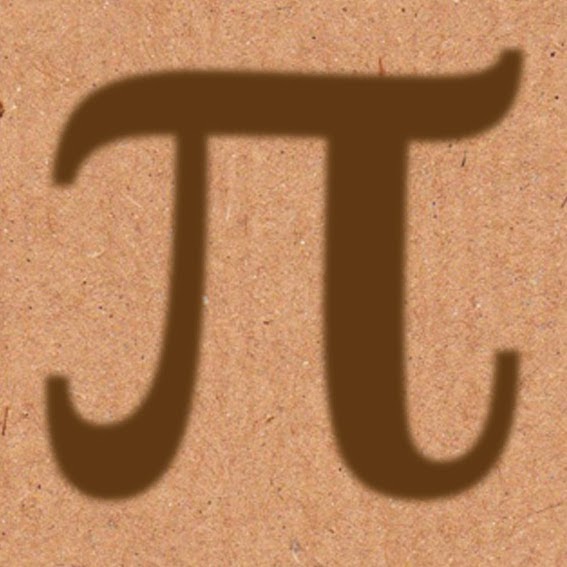2016-07-06
[public] 2.01M views, 48.2K likes, 605 dislikes audio only
Dr James Grime discusses highly composite numbers.
More links & stuff in full description below ↓↓↓
Continues and extra footage: /youtube/video/PF2GtiApF3E
Prime numbers (more videos): http://bit.ly/primevids
Audible: http://www.audible.com/numberphile (free trial)
Support us on Patreon: http://www.patreon.com/numberphile
NUMBERPHILE
Website: http://www.numberphile.com/
Numberphile on Facebook: http://www.facebook.com/numberphile
Numberphile tweets: https://twitter.com/numberphile
Subscribe: http://bit.ly/Numberphile_Sub
Numberphile is supported by the Mathematical Sciences Research Institute (MSRI): http://bit.ly/MSRINumberphile
Videos by Brady Haran
Brady's videos subreddit: http://www.reddit.com/r/BradyHaran/
Brady's latest videos across all channels: http://www.bradyharanblog.com/
Sign up for (occasional) emails: http://eepurl.com/YdjL9
Numberphile T-Shirts: https://teespring.com/stores/numberphile
Other merchandise: https://store.dftba.com/collections/numberphile
/youtube/video/PF2GtiApF3E
/youtube/video/2JM2oImb9Qg?t=99.189003
/youtube/video/2JM2oImb9Qg?t=282.45999
/youtube/video/2JM2oImb9Qg?t=506.159
/youtube/video/2JM2oImb9Qg?t=719.96997

